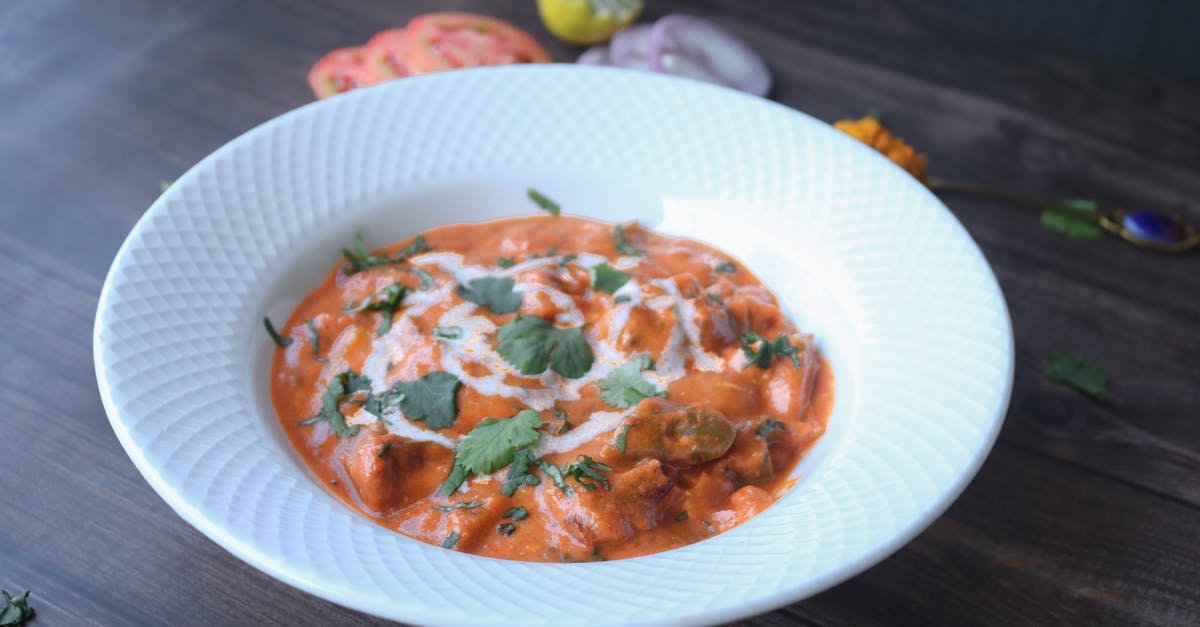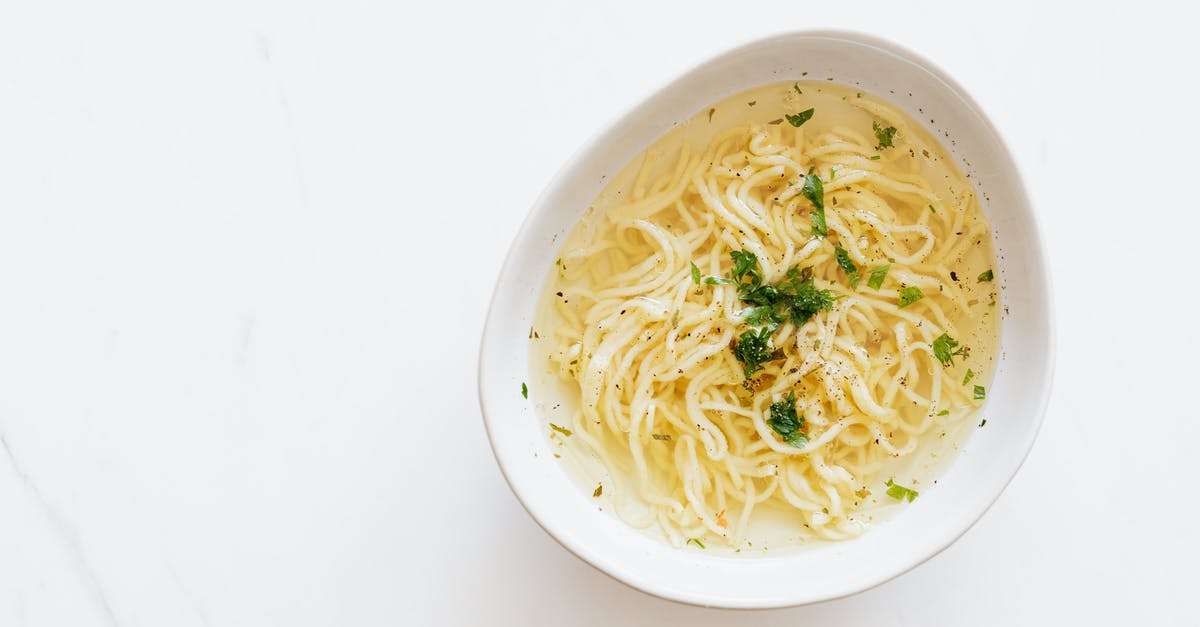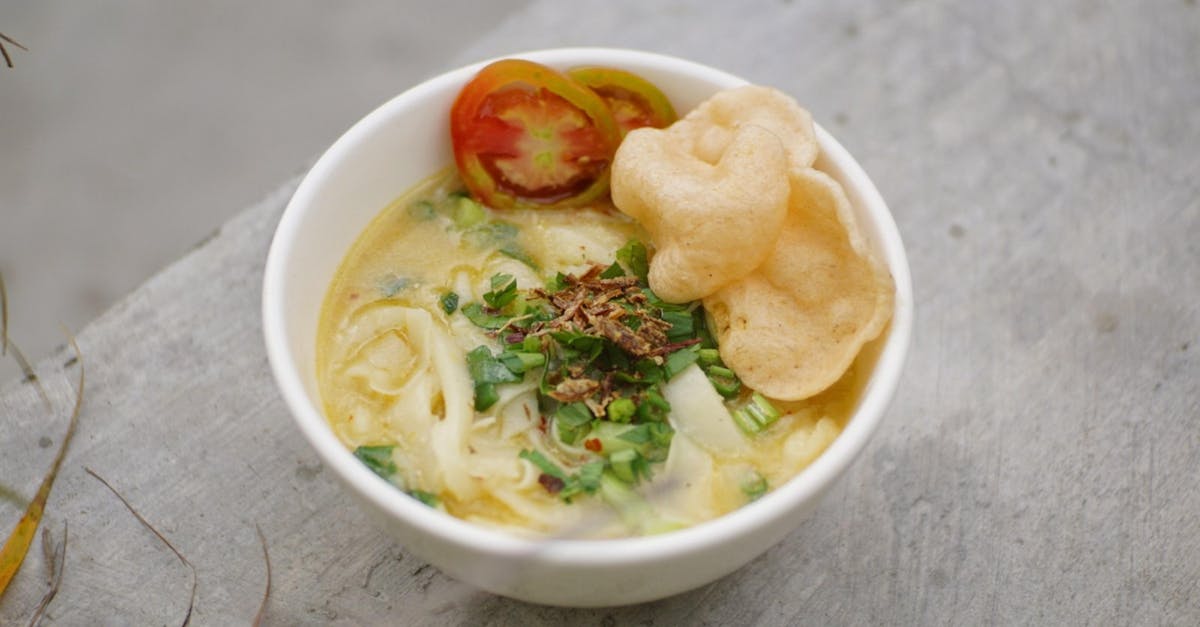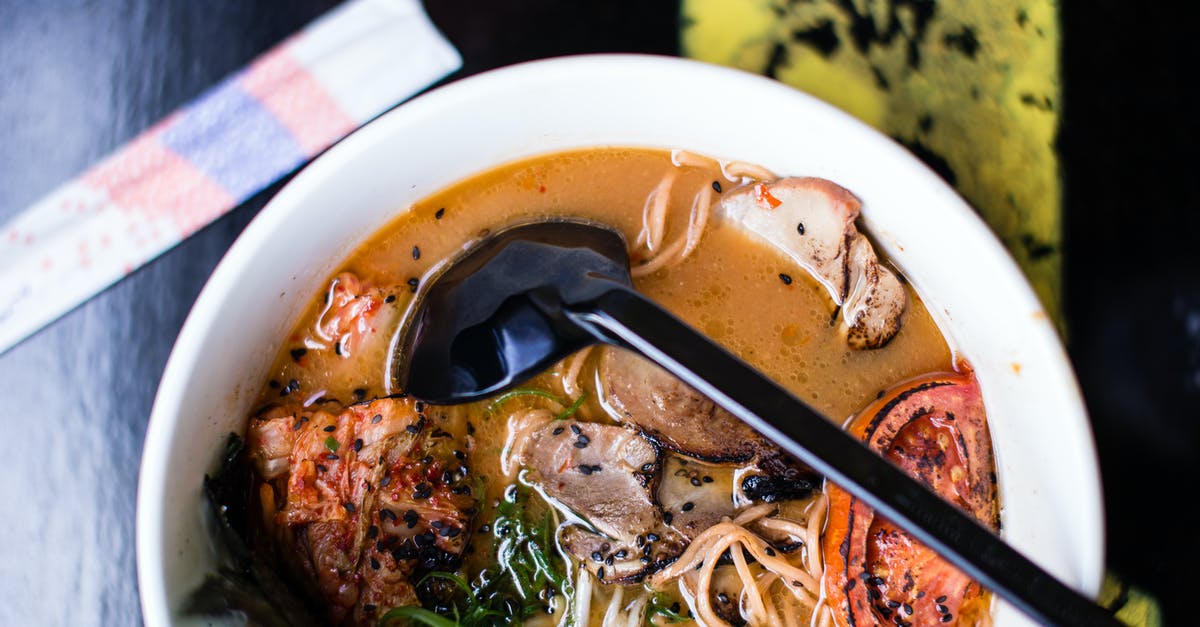What are the differences between slow cooking and poaching a chicken soup and how does slow cooking/poaching soup affect salt absorbtion?

1.What is the difference between poaching and slow cooking? I believe in poaching you are meant to remove chicken 20 minutes after boiling so the meat doesn't dry out while In slow cooking I believe you leave it for longer so that the meat becomes more tender?
Is the temperature for both between 140F-180F?
Are there any other differences between the two when it comes to cooking soup e.g. will one give more flavour in the soup while another gives more flavour in the meat?
2.I was trying to get the chicken in my soup to absorb as much salt as possible. Somebody told me use slow cooking while somebody else said slow/fast cooking won't affect salt absorbtion. I have tried but one day noticed absorbtion and on another day didn't. it could have been due to another factor other then speed of cooking. Anyway which is correct, does slow cooking actually affect salt water absorbtion to the point that the chicken in a soup will absorb more salt? Will poaching chicken soup cause salt water absorbtion also but to a lesser extent?
Best Answer
Poaching is about cooking something gently, until just done. This is good for chicken breasts: white meat has very little fat and connective tissue, which makes it well-suited to this. It's at its most tender when it's not overcooked. Dark meat will be fine too. As with most other methods of cooking, it just needs to reach the appropriate temperature in the center.
Slow cooking, on the other hand, is about bringing something up to temperature and cooking it there for a long period of time. (There's no temperature to reach - it'll have been hot enough for a long while.) With meat, this is good for tougher cuts, as the long cooking helps break down connective tissue and soften it up. This is amazing for something like a pork shoulder, which can be cooked for hours and hours, until it's completely falling apart. You can probably get some fraction of that effect with dark meat. White meat will be iffy.
As for your favorite topic, salt absorption, longer cooking will get you more penetration into the meat, especially if it begins to fall apart. That won't happen easily with white meat, though, so it'll be a small effect - possibly you could cook it a while then pull it apart with a fork to help. It'll be a bit better for for dark meat.
Finally, since you've posted so many questions asking basically the same thing, my two cents: the best thing to do is probably just to roast chicken (don't overcook it!), shred it, and add some kind of sauce with a decent amount of salt. Cook it a little bit longer if you like, and there you are. You can only go so far with boiling/simmering/poaching/slow cooking, no matter how much you try to optimize it, and you've already gotten the main advice in other questions: possibly tenderize it, cook it in salty liquid, and perhaps help pull it apart once it's mostly cooked.
Pictures about "What are the differences between slow cooking and poaching a chicken soup and how does slow cooking/poaching soup affect salt absorbtion?"



Is poaching the same as slow cooking?
(Good for pasta; less good for meat.) Poaching takes place some 30 degrees or so below boiling, a finicky temperature range to maintain. But a slow cooker heats up so slowly and so cautiously that it naturally keeps the water below boiling. Its weakness is its strength; it poaches because it cannot not poach.What is the major difference between simmering and poaching?
Simply stated, the difference between boiling, simmering, and poaching is just a matter of degrees. At 212\xb0F, boiling is the hottest of the three methods. Next is simmering, in the 185\xb0 to 205\xb0F range. Finally, there's poaching, the most gentle method, from 160\xb0 to 180\xb0F.What is the difference between poaching and boiling?
Poaching is "to cook an item by submerging it in a barely simmering liquid. Poaching is not a rolling boil. Poaching, compared to boiling, is a much gentler technique. Poaching generally calls for food to be fully submerged in a liquid that is kept at a constant and moderate temperature, between 160\xb0 and 180\xb0F.Is poaching fast or slow cooking?
Poaching is a gentle method of cooking in which foods are submerged in hot liquid between 140 degrees and 180 degrees Fahrenheit. The low heat works especially well for delicate items, and moisture and flavor are preserved without the need for fat or oil.Slow-Poach Your Bird for the Best-Ever Chicken Soup
Sources: Stack Exchange - This article follows the attribution requirements of Stack Exchange and is licensed under CC BY-SA 3.0.
Images: Harish .P, Karolina Grabowska, Fariz Albar, Rachel Claire
